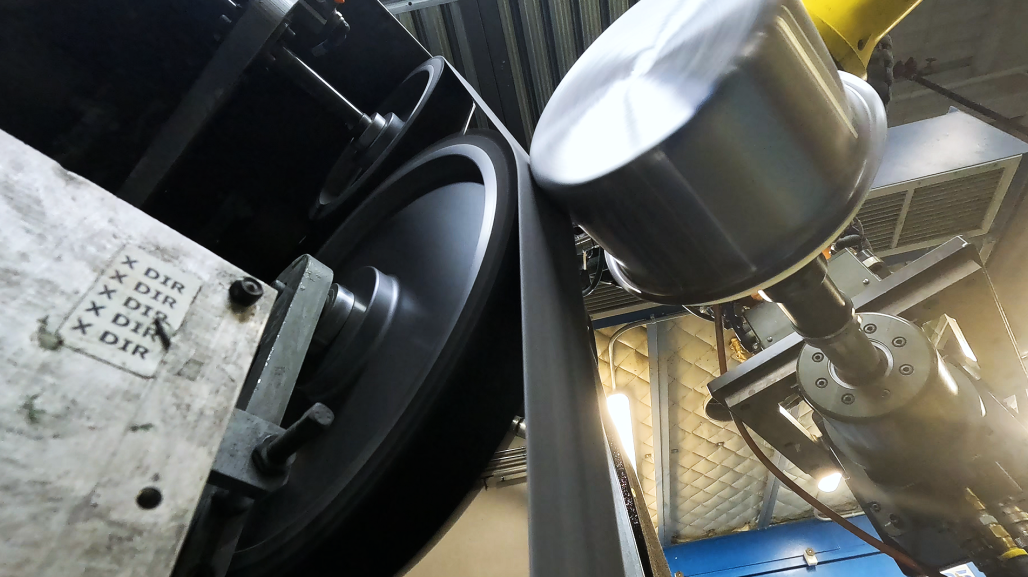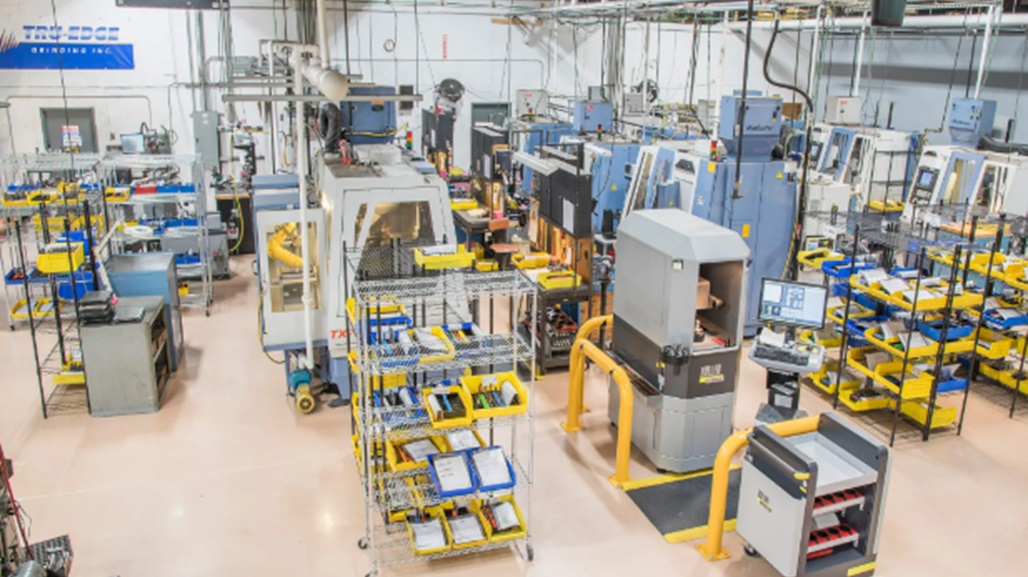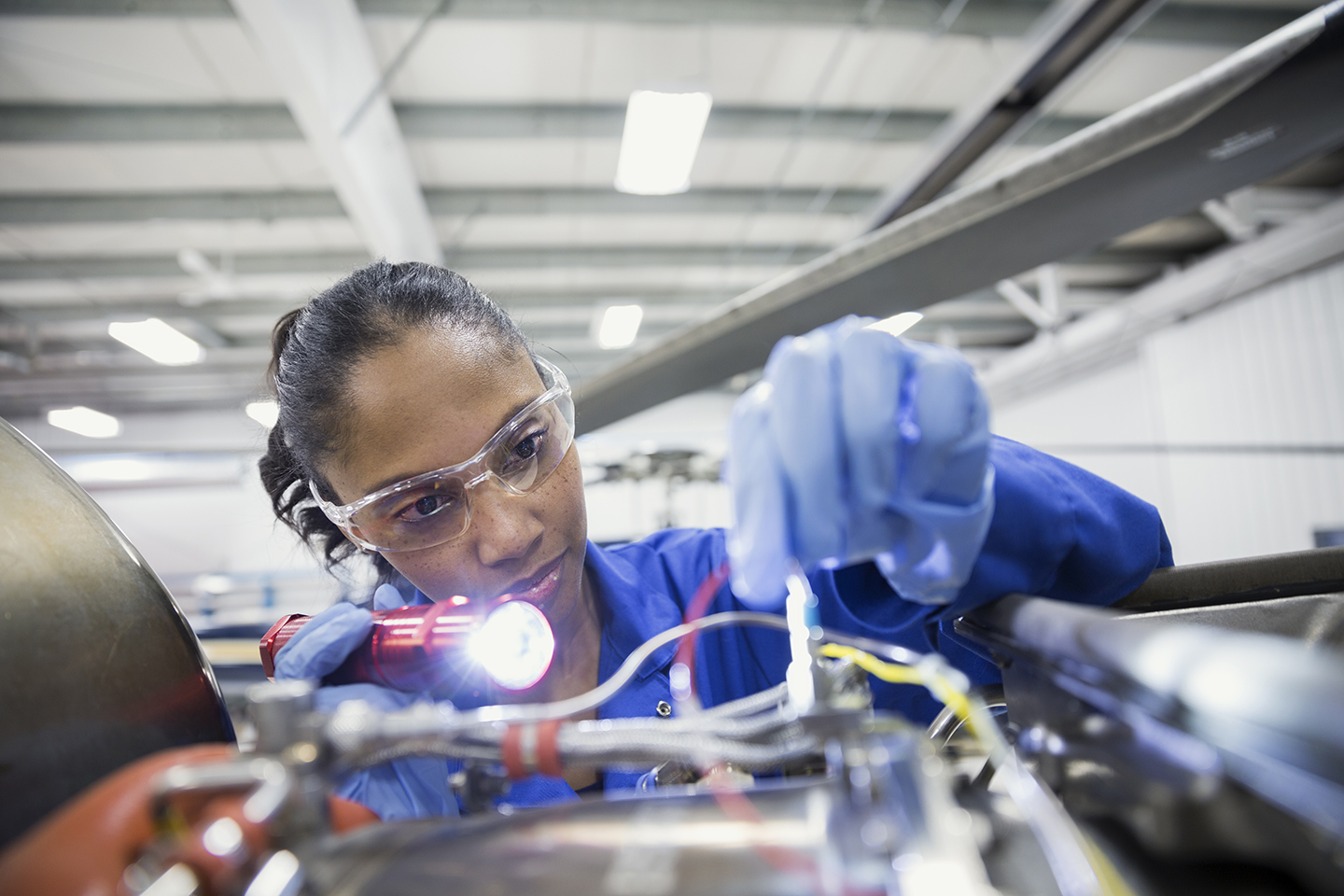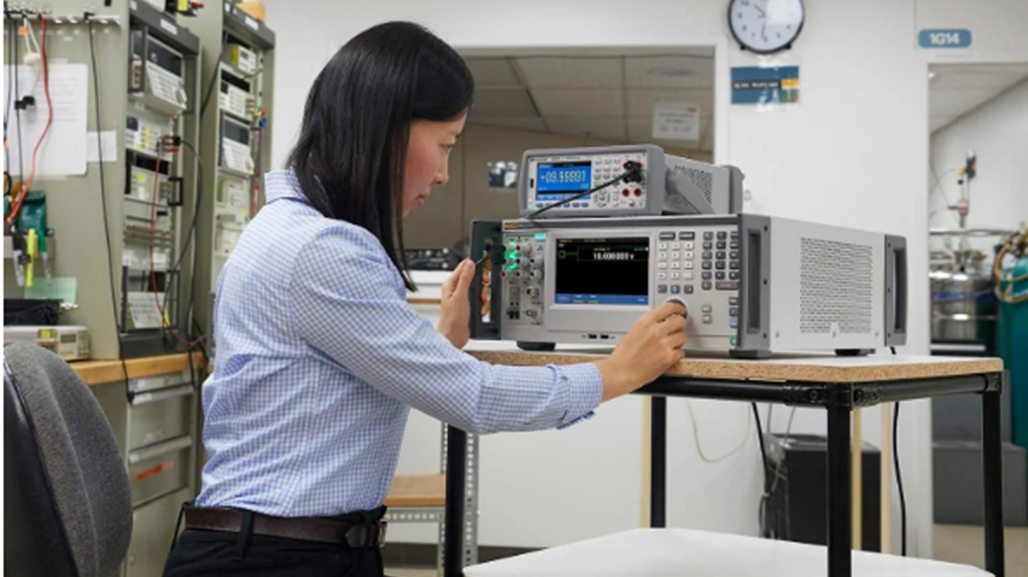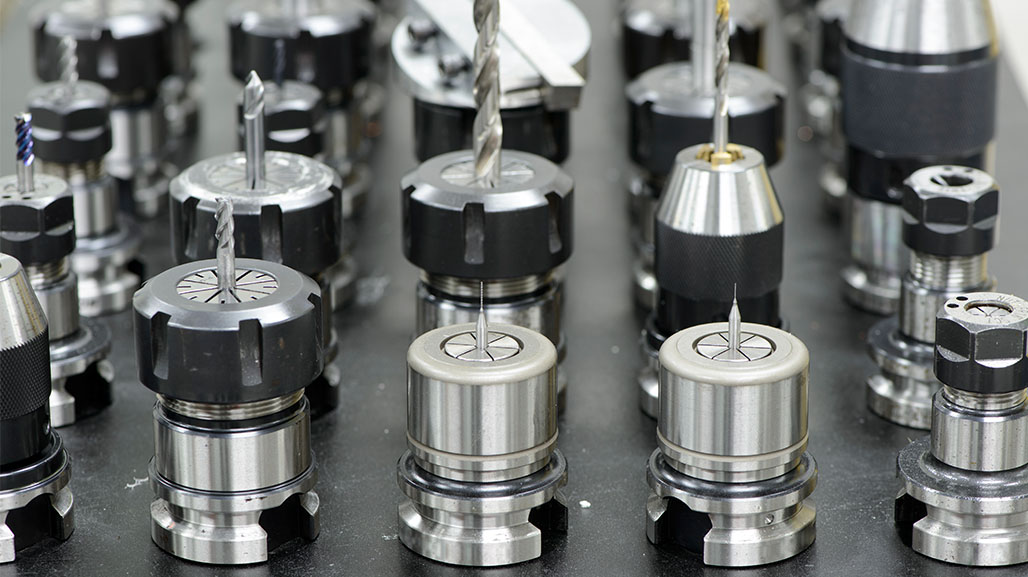Castrol Boosts Metalworking Fluid Performance with Smart Factory Tech
Castrol SmartControl measures metalworking fluid conditions from pH levels to concentration and temperature to help customers achieve peak cutting tool performance.
Castrol SmartControl measures metalworking fluid conditions from pH levels to concentration and temperature to help customers achieve peak cutting tool performance.
Machinists and manufacturing facilities doing quality control on metalworking fluids traditionally poured samples into bottles, mailed them to a lab for analysis and waited—sometimes days—for results.
The lag time could prove costly. While the results helped to flag equipment malfunctions or potential reductions in workpiece quality, they sometimes arrived after machines had broken down or workpieces had to be scrapped.
Such consequences are even more painful today than in the past, thanks to an uncertain economy where inflation remains high, workforces are shrinking and supply chains are more susceptible to disruption.
Read More: 5 Hacks for Machine Shops Grappling with High Inflation
That’s where Castrol SmartControl comes in, leveraging Industry 4.0 technology to provide real-time fluid monitoring and adjustment.
By measuring conditions from pH levels to concentration, conductivity, temperature and volume flow around the clock, SmartControl helps users get peak performance from both metalworking fluids and the equipment in which they’re used.
“It enables customers to make decisions on the fly, if needed, and to identify anomalies before they lead to major problems or perhaps even a shutdown,” says Tim Stiers, Engineering Manager with Castrol.
Setting up SmartControl for customers requires cooperation but little customization.
“It’s pretty close to plug and play,” Stiers says. Workers place a free-standing monitoring unit near a metalworking station, then establish connections that draw fluids through the monitoring device and send them back.
Setups are collaborative, he says, “because we’re the experts on how to install it, but we need the customers’ help since they’re the experts on their equipment.”
SmartControl is available in two versions, Basic and Auto. While both enable real-time monitoring of fluid conditions and are equipped with alarms to signal users when those conditions veer outside specified parameters, Auto can be connected to a compatible dosing system to automate fluid management.
That minimizes the requirement for manual intervention by workers, Castrol says, freeing them for other tasks, a significant benefit for manufacturers grappling with a worker shortage that may reach 2.1 million by 2030.
Read More: Don’t Cut Costs Here: Spending More on Metalworking Fluids Boosts Machine Shop Profits
Automation also translates directly into mechanical benefits. Metalworking fluids are usually mixed with water, for example, and SmartControl’s ability to maintain optimal fluid-water concentrations can significantly prolong tool life.
“More and more, customers are telling us that they don’t have the resources to check concentration as much as they used to,” Stiers says. “They have a finite number of employees and resources, and when those employees are focused on other tasks, it’s easy for concentration levels to drop. When that happens, tool life goes down or workpieces move outside of customer specifications and that’s very costly.”
SmartControl can virtually pay for itself by correcting such issues before they lead to costly breakdowns, he adds. It’s a prime benefit of digital manufacturing technology that employs vast sensor networks and cloud-based data to optimize production.
“Based on a detailed and automated analysis of collected data, production companies are able to view the status of their machines in real time—ideally being able to schedule maintenance work if a potential problem is indicated,” Castrol says in a white paper evaluating the impact of Industry 4.0 advances such as SmartControl.
The benefits of that capability are numerous, the paper says.

“Their machines run with fewer interruptions, and downtimes are reduced along with any serious system errors,” it explains. “Moreover, companies need to invest less of their budget in maintenance. They can deliver produced goods more rapidly, which increases customer satisfaction—all of this based on data already stored at the company, which in most cases had not yet been analyzed.”
Read More: A Guide to Machine Lubrication: Find the Right Water-Coolant Type
Using SmartControl with Castrol’s XBB cutting fluids allows additional enhancements, the company says, reducing the need for laboratory tests even further and virtually eliminating manual documentation requirements.
Alusol XBB and Hysol XBB fluids use a dual-action chemical buffer that resists changes in pH, reducing the need for costly additives, increasing production efficiency and extending fluid life, Castrol says.
For non-water systems, such as hydraulic and gear oil, Castrol offers SmartSensor real-time oil and machine health monitoring. SmartSensor relies on data from inline sensors, which can detect a variety of parameters such as water viscosity, temperature, total acid number or TAN, wear metals and general oil condition.
When a parameter falls out of specification, instantaneous alerts are sent to the customer.
“Technology is always moving, so we’ve got to be moving with it,” Stiers says. “It’s exciting to see what this can do.”
